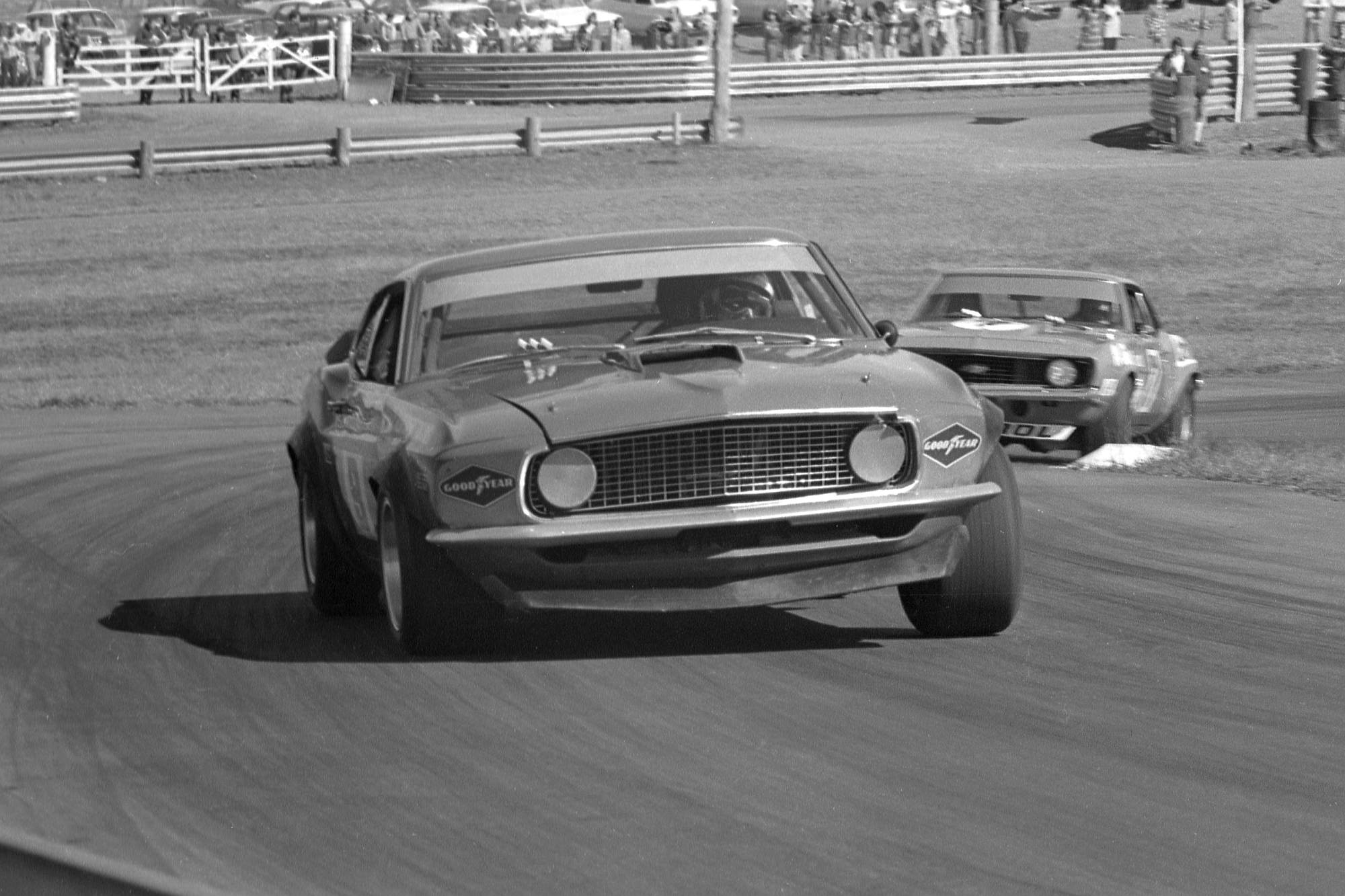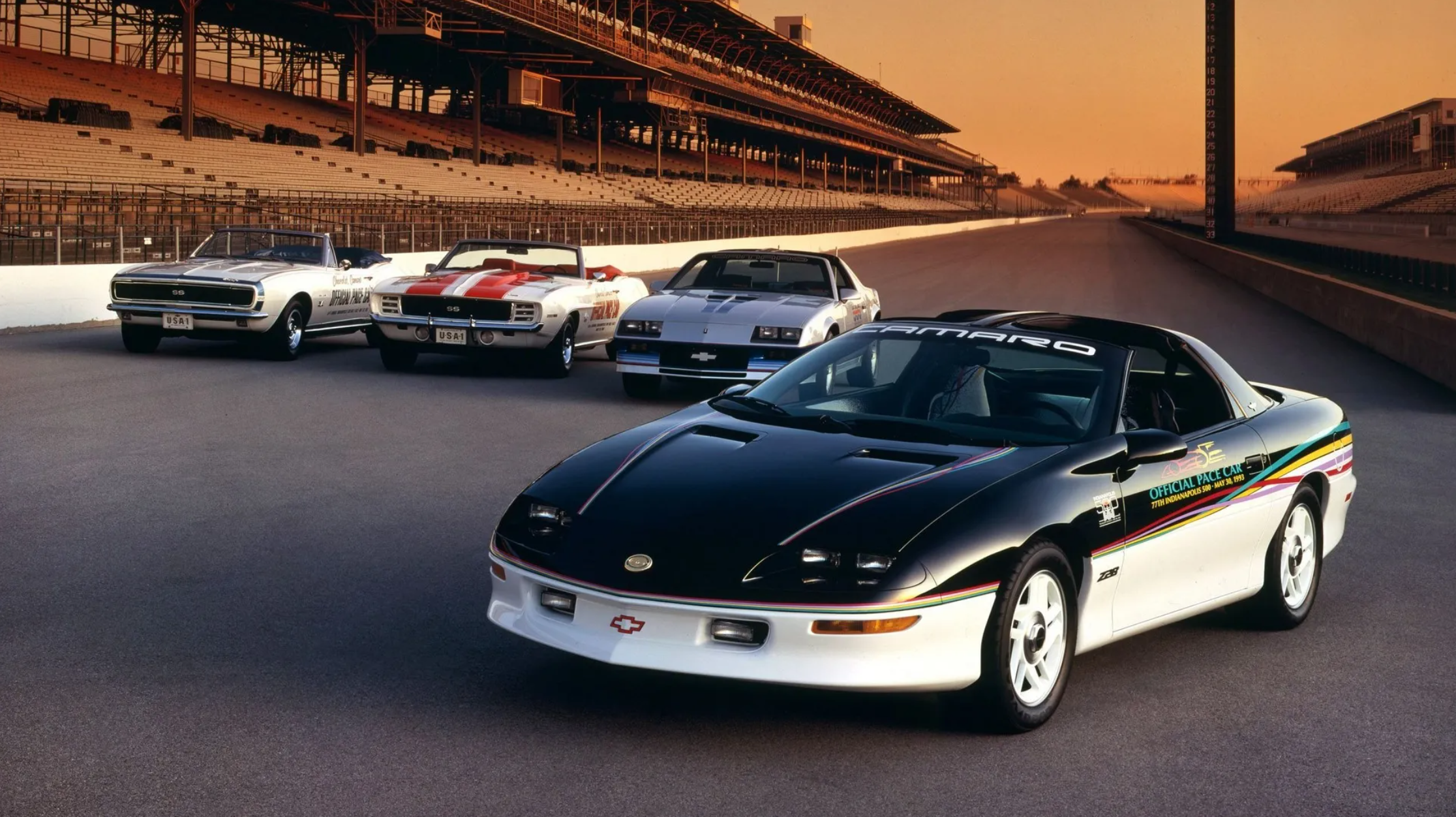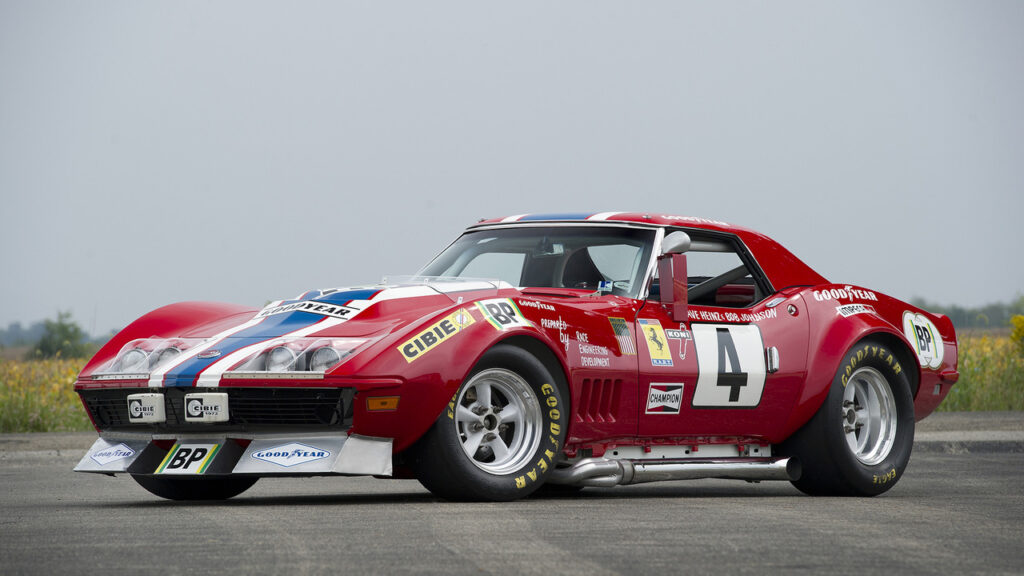Chevrolet
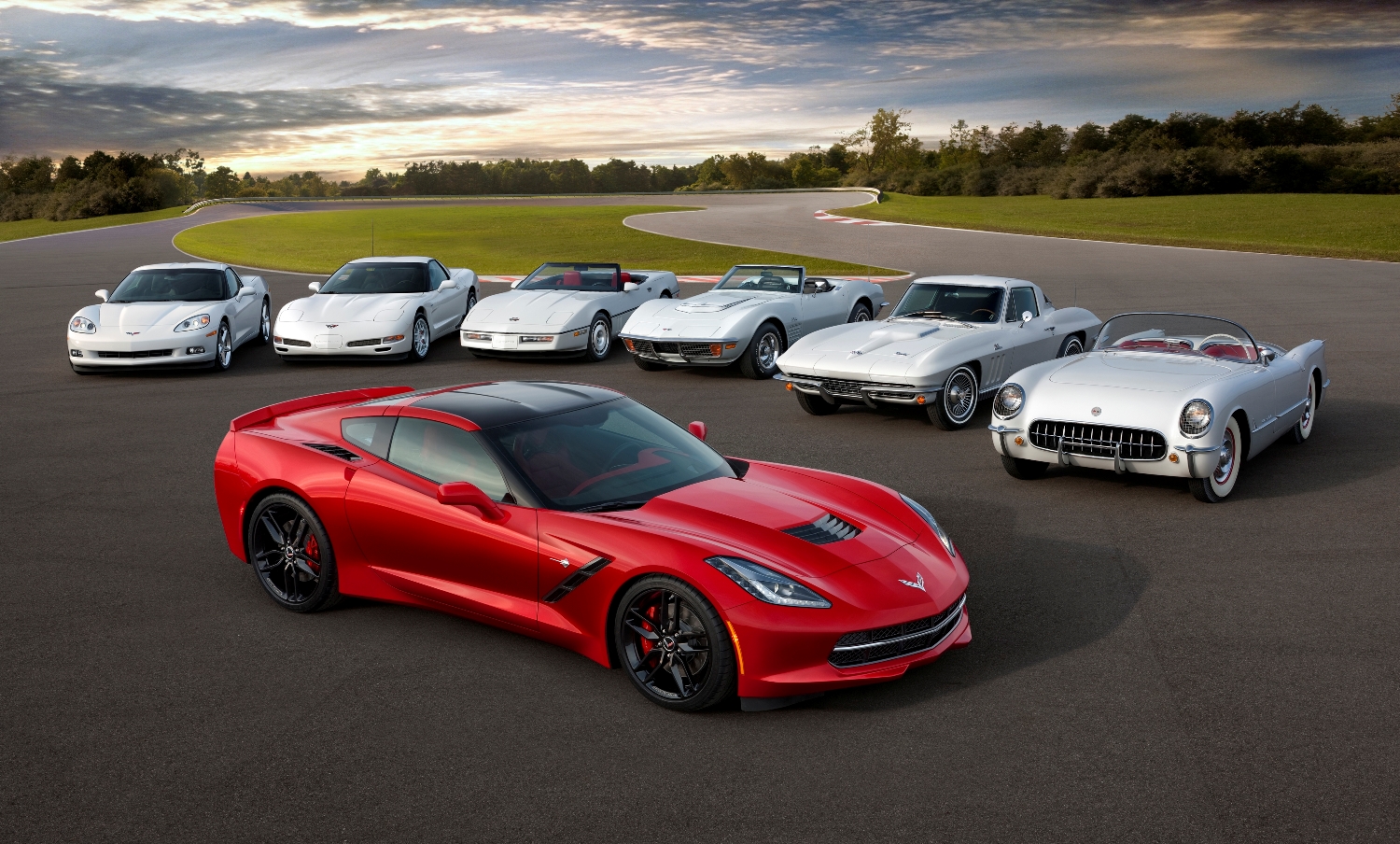
Chevrolet
Founded
1911
Founders
Arthur Chevrolet, Louis Chevrolet, William C. Durant
Country
United States
Headquarters
Detroit, Michigan, U.S.


Chevrolet
Founded
1911
Founders
Arthur Chevrolet, Louis Chevrolet, William C. Durant
Country
United States
Headquarters
Detroit, Michigan, U.S.
About this brand
Discover the history
Chevrolet, often referred to as Chevy, is one of America’s most iconic automotive brands. Founded in 1911 by Swiss race car driver and engineer Louis Chevrolet and General Motors (GM) founder William C. Durant, the brand quickly became synonymous with affordable and reliable vehicles. The first Chevrolet, the Classic Six, was introduced in 1912, offering a six-cylinder engine at a time when four-cylinder engines were the norm, showcasing Chevrolet’s commitment to innovation and performance from the outset.
In 1918, Chevrolet was acquired by General Motors, marking the beginning of a long and prosperous partnership. Throughout the 1920s and 1930s, Chevrolet established itself as a leader in the American automotive market by producing a wide range of vehicles that appealed to the growing middle class. The introduction of the six-cylinder Chevrolet in 1929, advertised as “a six for the price of a four,” significantly boosted sales and solidified Chevrolet’s reputation for delivering value and performance.
The post-World War II era saw Chevrolet solidify its status as a cultural icon. In 1953, the Chevrolet Corvette was launched, becoming America’s first mass-produced sports car. The Corvette’s sleek design and powerful performance made it an instant classic, and it has since become one of the most enduring and beloved sports cars in automotive history. Another milestone was the introduction of the Chevrolet Bel Air in 1950, which became an emblem of the 1950s American automotive design with its distinctive tailfins and chrome accents.
Chevrolet’s involvement in motorsport has been a significant aspect of its identity. The brand’s racing heritage began in the early days with Louis Chevrolet himself, who was an accomplished race car driver. The Corvette, in particular, has had a storied motorsport career, competing in events such as the 24 Hours of Le Mans, where it has achieved multiple class victories. Chevrolet’s dedication to performance and innovation has also been evident in NASCAR, where the brand has been a dominant force for decades. The Chevrolet Camaro and Monte Carlo have both enjoyed considerable success in NASCAR, contributing to Chevrolet’s status as a leading manufacturer in American motorsport.
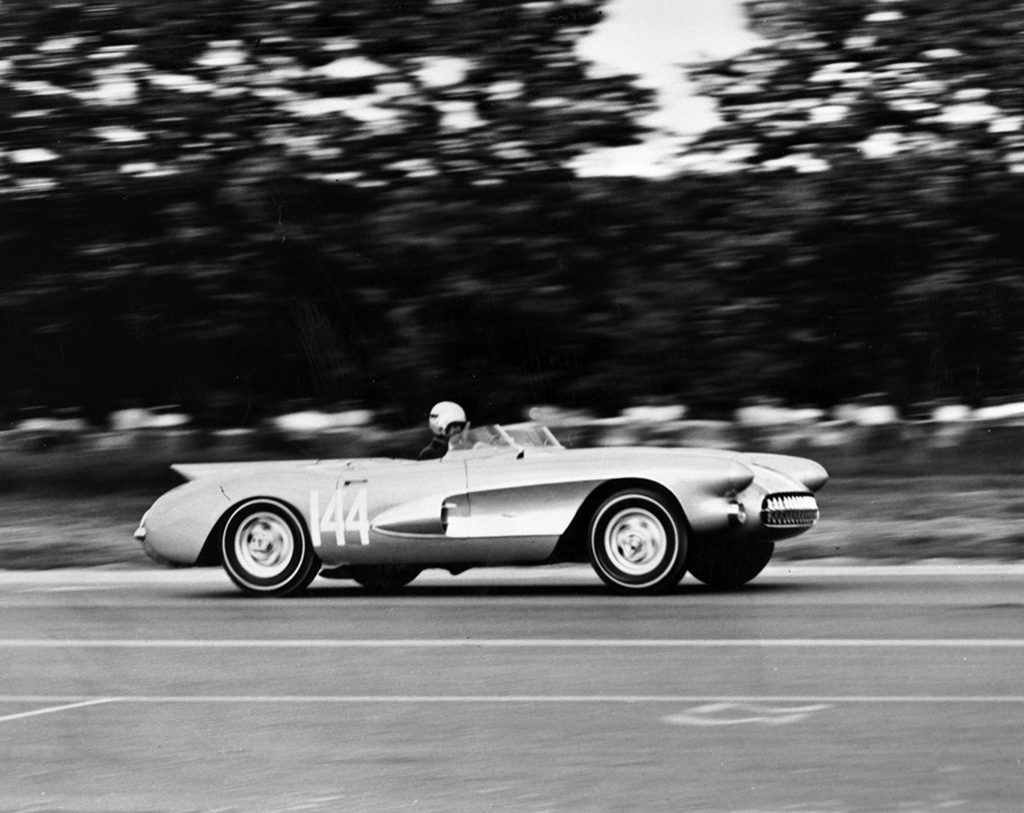
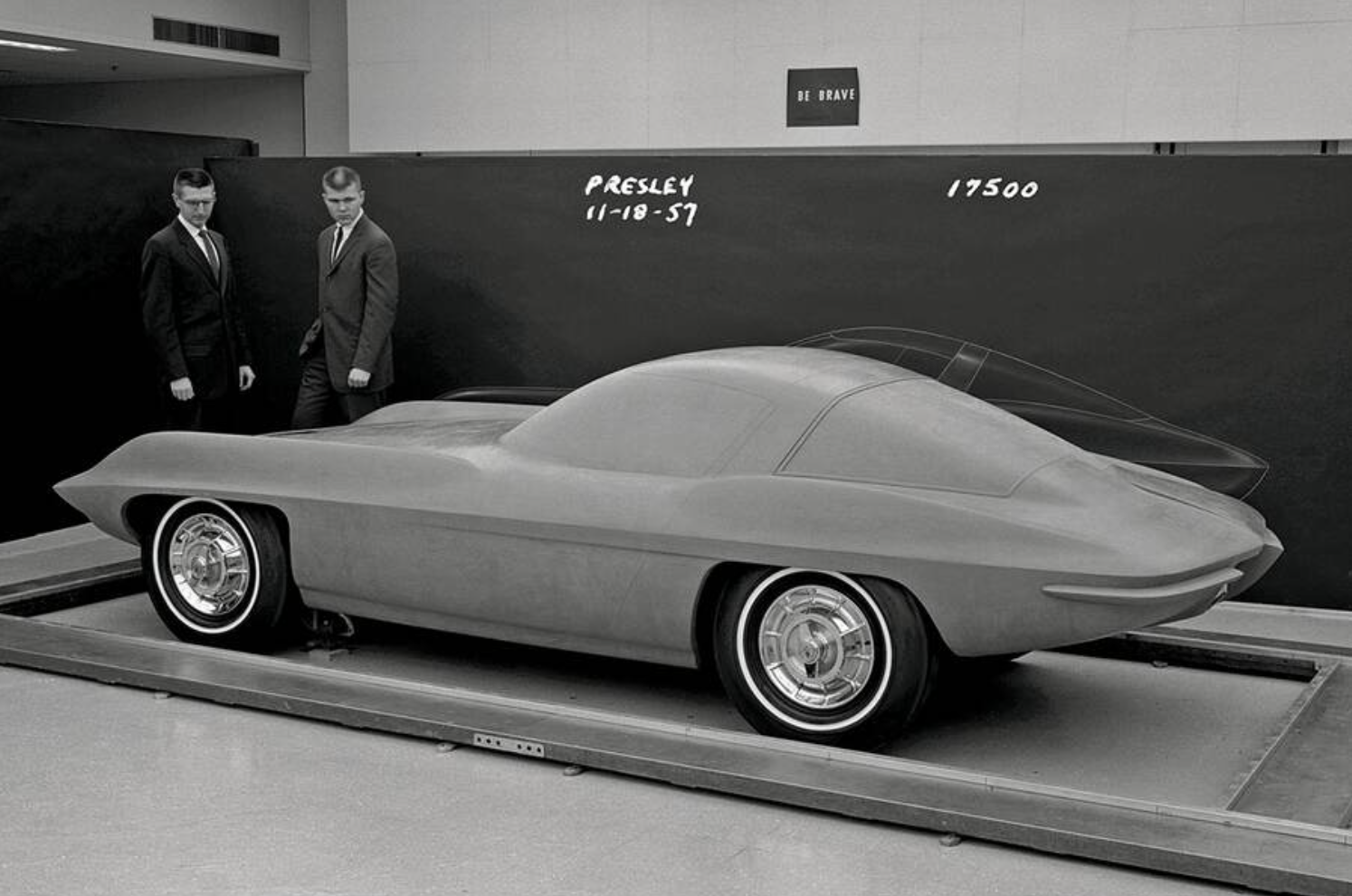
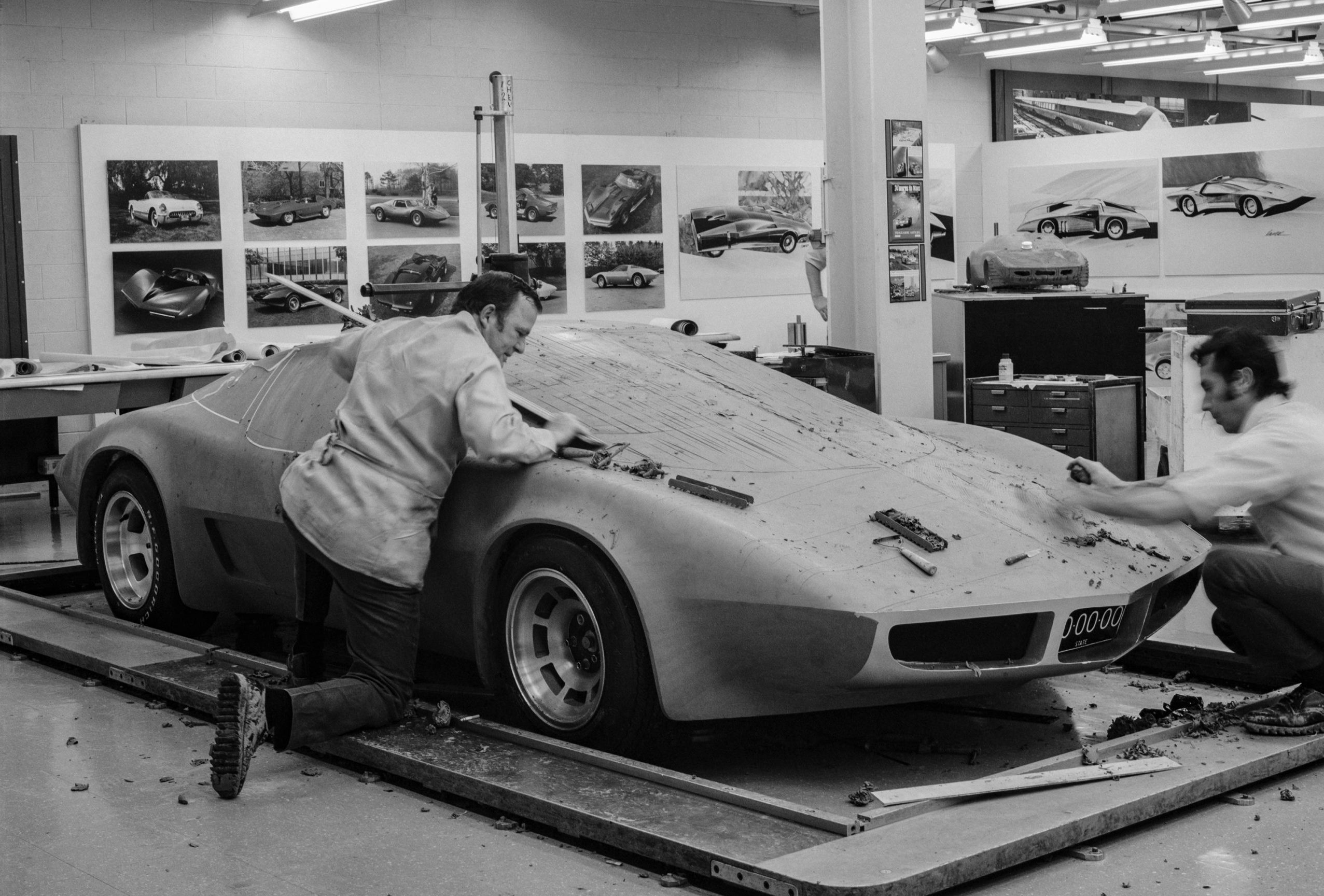
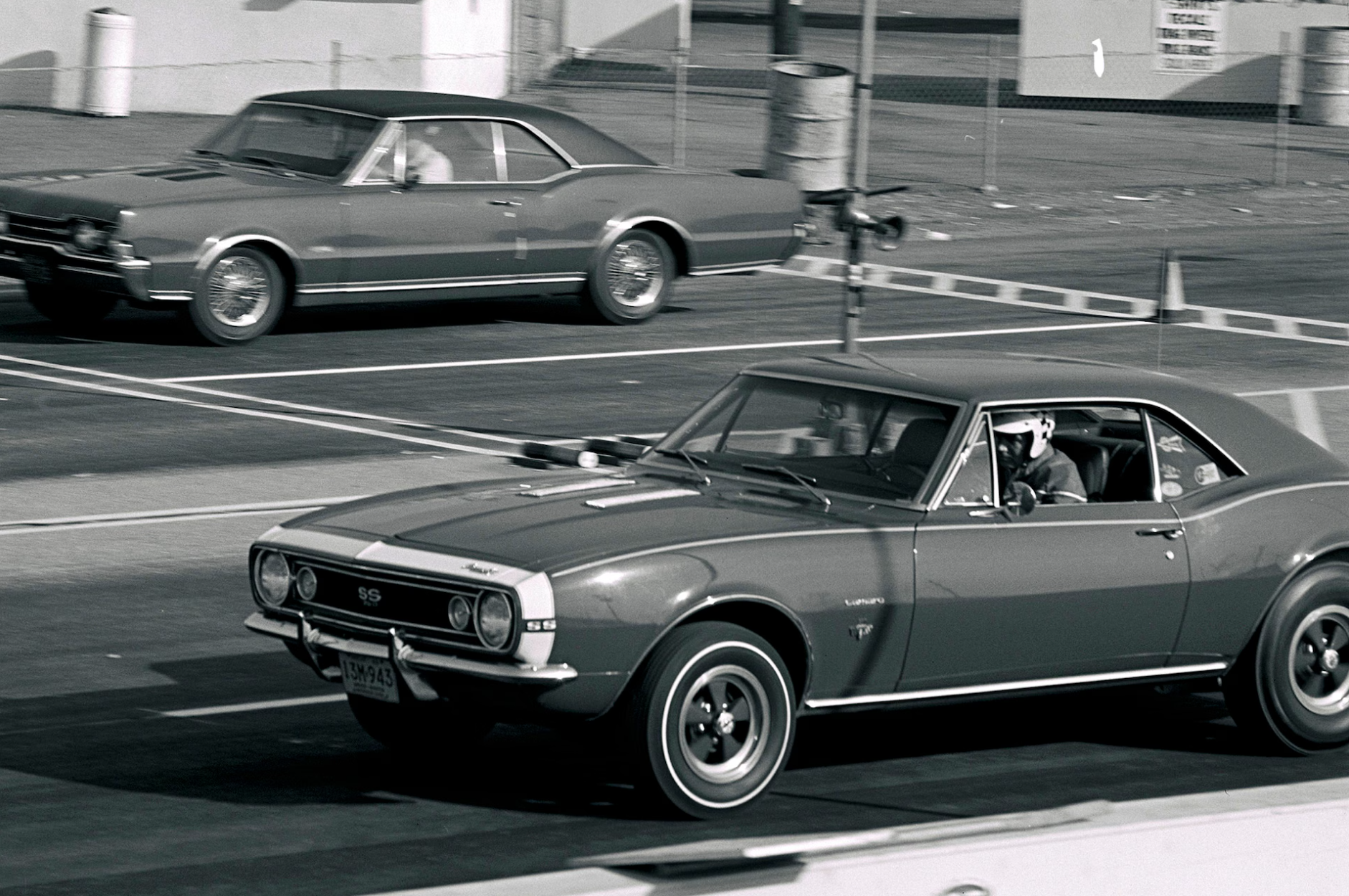
In the 1960s, Chevrolet continued to push the boundaries of automotive design and performance with the introduction of the Chevrolet Camaro in 1966. The Camaro was Chevrolet’s answer to the Ford Mustang and quickly became a favorite among muscle car enthusiasts. Its success on the street and the track further cemented Chevrolet’s reputation for building exciting and powerful vehicles.
The 1970s and 1980s presented challenges for the entire automotive industry, with fuel crises and increasing environmental regulations. Chevrolet adapted by introducing more fuel-efficient models, such as the Chevrolet Vega and Chevette, while continuing to innovate with performance models like the Corvette and Camaro.
In the 1990s and 2000s, Chevrolet embraced new technologies and expanded its lineup to include a wide range of vehicles, from compact cars to SUVs and trucks. The Silverado and Tahoe became popular choices in the truck and SUV markets, while the introduction of the Chevrolet Volt in 2010 showcased the brand’s commitment to electric and hybrid technology.
Today, Chevrolet continues to be a cornerstone of the global automotive industry, offering a diverse range of vehicles that combine innovation, performance, and value. The Corvette remains a symbol of American sports car excellence, while models like the Bolt EV represent Chevrolet’s forward-thinking approach to sustainability and technology.
Chevrolet’s rich history is marked by its contributions to both everyday driving and motorsport. From its early days with Louis Chevrolet to its current status as a global automotive leader, the brand has remained true to its core values of performance, innovation, and accessibility. As Chevrolet looks to the future, it continues to build on its storied legacy, adapting to changing market demands while maintaining its commitment to quality and performance.
